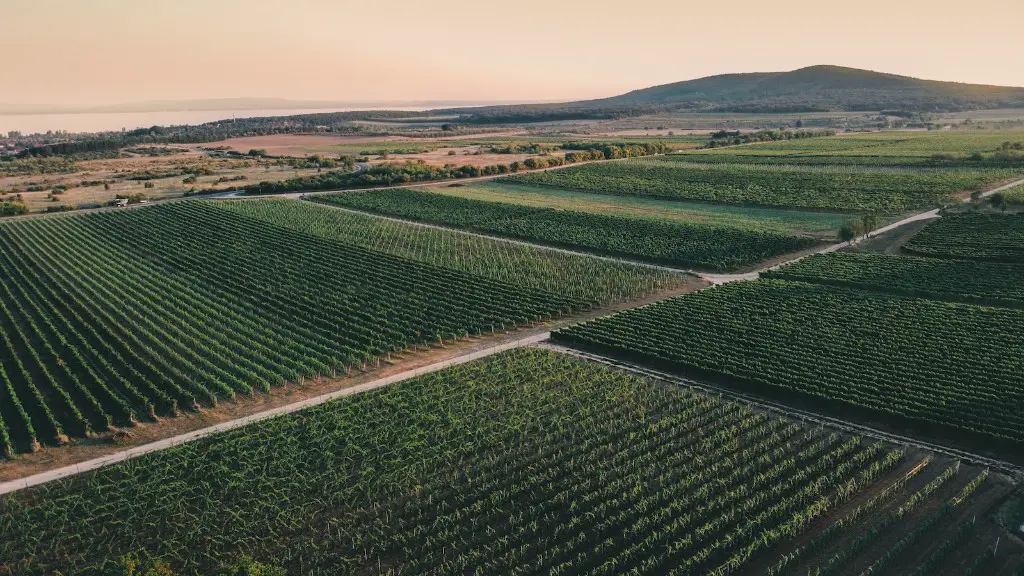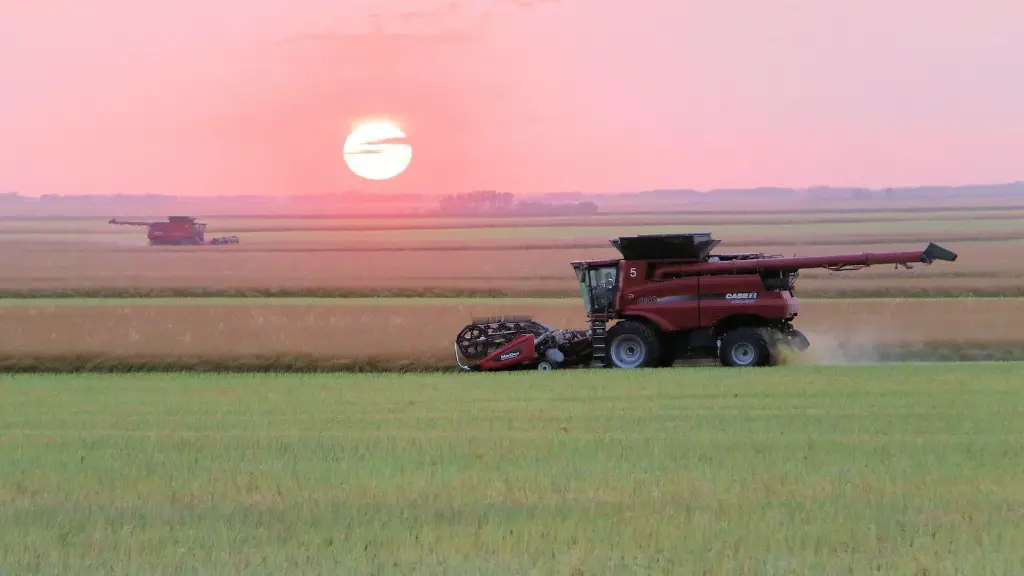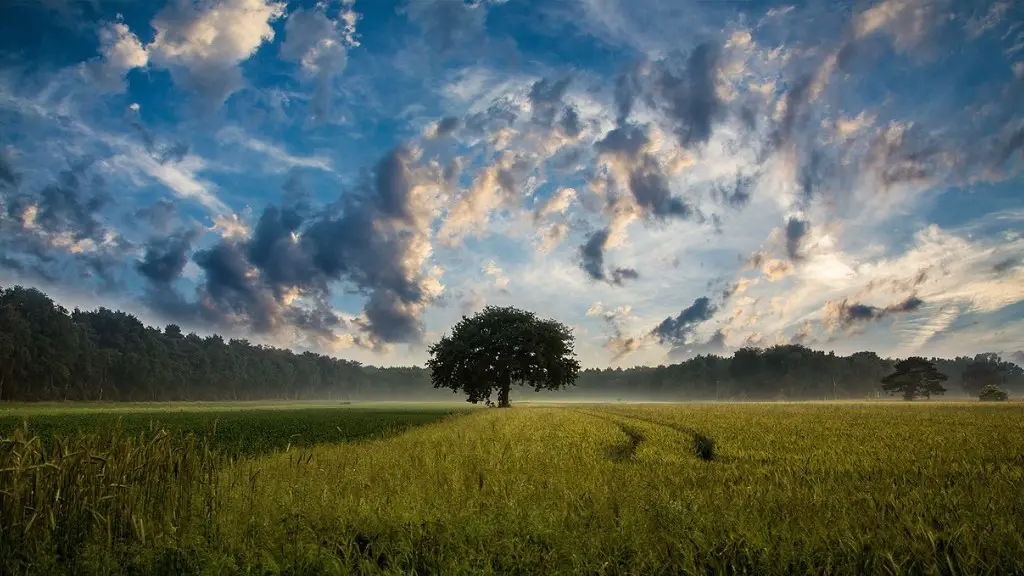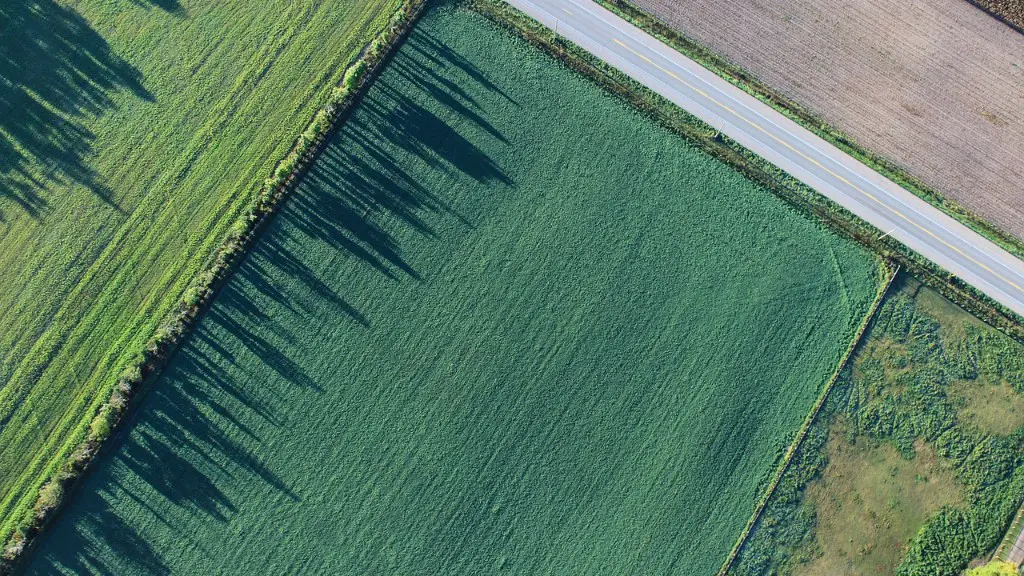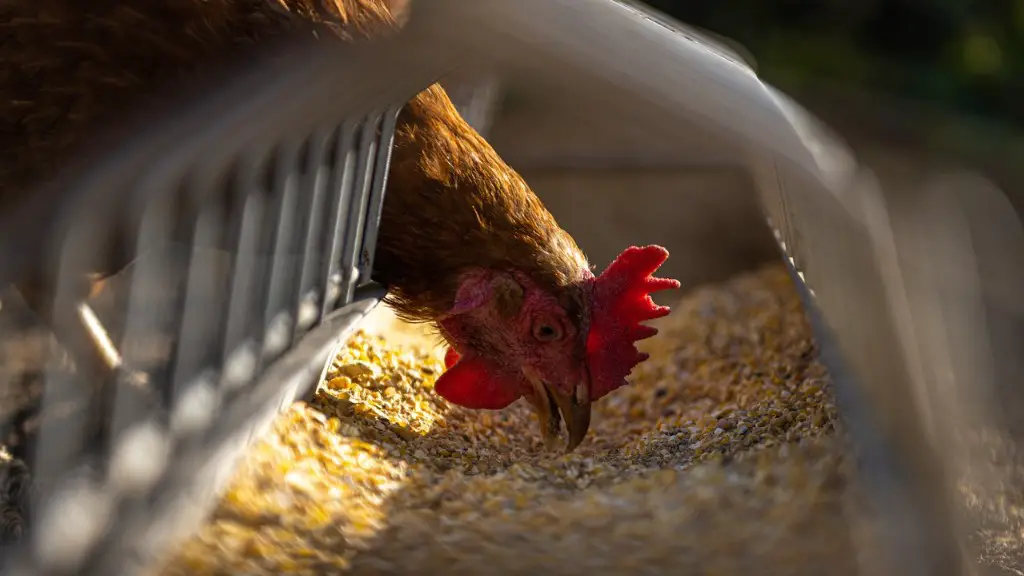Some people may consider growing weed as agriculture while others may not. It all depends on the person’s perspective. Some people may see it as a way to help with medicinal purposes while others may see it as a way to get recreation out of it. Overall, it is a personal opinion on whether or not growing weed is considered agriculture.
No, growing weed is not considered agriculture.
Is weed agriculture?
The new commercial cannabis regulations in California will allow marijuana growers to operate as legal farmers in the state. This is a huge victory for the cannabis industry, as it will allow growers to come out of the closet and be open about their business. The Willits News will be a great resource for information on the new commercial cannabis market in California.
A master grower is responsible for overseeing all aspects of the cultivation process, from germination to harvest. They must have a deep understanding of plant biology and be able to troubleshoot any problems that may arise. A master grower is also responsible for creating and maintaining a healthy growing environment, which includes controlling the temperature, humidity, and lighting.
What is weed in agriculture example
Weeds are a major problem for farmers as they compete with crops for essential resources. They can reduce crop yields and sometimes act as a source of disease. Common examples of weeds include grass, algae, Amaranthus, and Chenopodium.
Weed science is the study of vegetation management in agricultural production systems, natural areas, and managed properties in residential and urban areas. Weed scientists work to develop and implement integrated weed management systems that are economically and environmentally sustainable. This includes developing new herbicide-resistant crops, developing new herbicide formulations and application technologies, and developing new cultural and mechanical weed control practices.
What qualifies you as a master grower?
There is no one-size-fits-all answer to this question, as the qualifications for a master grower position will vary depending on the employer. However, in general, the primary qualifications for a master grower position are a bachelor’s or master’s degree in a field like horticulture or plant physiology, and experience working in the industry. Most employers accept student research as experience.
Growers work in greenhouses, fields, and anywhere a company grows crops and ensures that its plants are healthy and thriving. They work with flowers and other decorative plants or food crops. In states where certain substances are legal, growers can make lucrative careers growing the specific green, leafy plant.
Is being a weed grower worth it?
By growing your own marijuana plants, you can save or even earn money. You will need to make some initial investments, but a very cheap indoor grow setup is possible. With some effort and dedication, you can have a thriving marijuana operation that can provide you with high-quality buds at a fraction of the cost of dispensary prices.
Weeds can have a devastating impact on crops, native habitats, and local ecosystems. They compete with crops for vital resources like sunlight, water, and nutrients. They also provide a home for harmful insects and pathogens, which can attack and destroy crops. Additionally, they can destroy native habitats, jeopardizing native plants and animals. It’s important to control weeds and prevent them from spreading in order to protect our food supply and local ecosystems.
How does weed affect agriculture
Weeds can have a significant impact on forage crop production. They compete with forage crops for light, water, and soil nutrients, which can lead to reduced crop yields. In some cases, for each pound of weed dry matter produced, crop dry matter production is reduced by one pound. Therefore, it is important to control weeds in order to maintain high forage crop yields.
Weeds are often seen as a nuisance, but they can actually perform many important ecosystem services. They can help protect and restore exposed or degraded soils, provide habitat for beneficial organisms, and contribute to the natural and biological control of some insect pests. Certain weeds also make nutritious food or fodder.
What is the pay grade of a grower?
Based on the data, it seems that ZipRecruiter is seeing a wide range of salaries for Growers. The majority of salaries seem to be between $29,500 and $48,000, with top earners making $75,000 per year. It is interesting to note that the lowest salary reported is $22,000, which may be an outlier. Overall, it seems that Growers can expect to earn a decent salary, with the potential to earn more if they are in the top percentile of earners.
Growers typically don’t need a college education, with the most common degree being a bachelor’s degree. However, only 20% of grower graduates earn an associate degree. This suggests that other degrees may be more beneficial for growers.
What is a grower salary
The average salary for an entry level vegetable grower is £19,759. This is based on 1-3 years of experience.
The terms ‘farmer’ and ‘grower’ are often used interchangeably in the northeast, regardless of whether the person has livestock or crops.
What is a professional plant grower called?
A horticulturist is a person whose work involves growing fruits, vegetables, flowers, or ornamental plants.
Cannabis growers in California make an average of $31,778 per year as of February 12, 2023. This equates to approximately $1528 an hour.
Conclusion
Yes, growing weed is considered agriculture.
Overall, growing weed is considered agriculture because it is a plant that is cultivated for profit. However, there is some debate over whether or not it should be considered a legitimate form of agriculture since it is not currently legal in most parts of the world. Nevertheless, those who do grow weed argue that it takes just as much skill and effort as any other type of agriculture, and thus deserves to be considered a legitimate form of agriculture.
